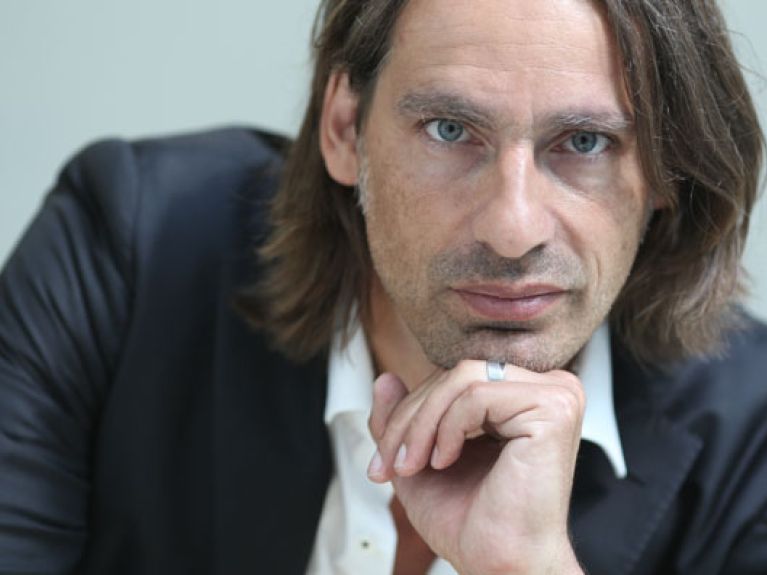The meaning and absurdity of life
More and more Germans are setting off in search of the True, the Beautiful and the Good. The media have also discovered philosophical discourse.

There are some things you just cannot avoid. These include birth and death, of course, but also many questions. “What shall I do?” Or: “What can I know?” And: “What can I hope?” In other words: “What is the human being?” as Immanuel Kant expressed the big questions of humankind in the 18th century. The search for answers has continued until today and it has not only involved academic philosophers – especially since Germans discovered the pleasure of wisdom for its own sake. Whether it is in talk shows, radio programmes or on websites, debates are being conducted about the meaning and absurdity of life, about abstract concepts like freedom, truth and justice or the many routes to happiness. In addition, November 2011 saw the launch of not one, but two popular philosophy magazines: Hohe Luft and Philosophie-Magazin seek to engage in open societal discourse far removed from the ivory towers of academia. These periodicals are therefore part of a venerable tradition that began in antiquity when Socrates discussed life’s big questions with the citizens of Athens at the marketplace.
The bestseller lists also clearly reflect this new enjoyment of reflection. Philosophical non-fiction books are big sellers, perhaps because they are more than mere lifestyle guides. The thoughtful reader can expect not only self-determination and orientation, but also scepticism about things we take for granted. Carefully considered world views are offered in a time of insecurity. “Yet philosophical activity does not entail arcane specialist knowledge,” writes Martin Seel, professor of philosophy at Goethe University Frankfurt am Main, on the Zeit-Online website. “It merely attempts to understand the obvious.”
At the same time, bestselling philosophers like Richard David Precht (with more than 1.5 million books sold) and Michael Schmidt-Salomon prove that “the obvious” doesn’t always have to be complicated. Thanks to their theoretical and conceptual clarity, they express existential matters in an understandable way and also participate actively in social debates, which most people appreciate. That is not the only reason why Richard David Precht, the media star who holds two honorary professorships, recently also began presenting questions in an understandable way on his own TV programme. His first televised discussion, with brain researcher and school critic Gerald Hüther, focused on the German education system. In the second programme he debated the question “What is fair?” with FDP politician Christian Lindner. Contributing ideas and thoughts is en vogue here too.
UNESCO World Philosophy Day on 15 November 2012
www.unesco.de/tag_der_philosophie_2012.html
© www.deutschland.de